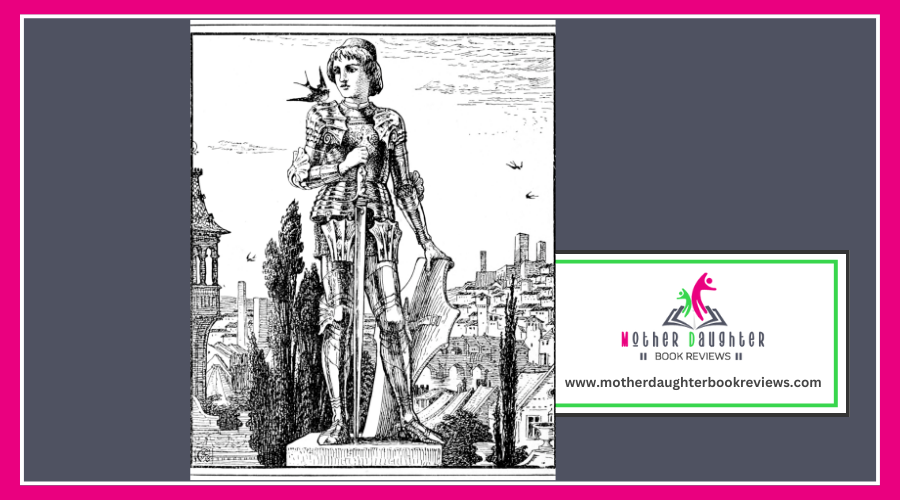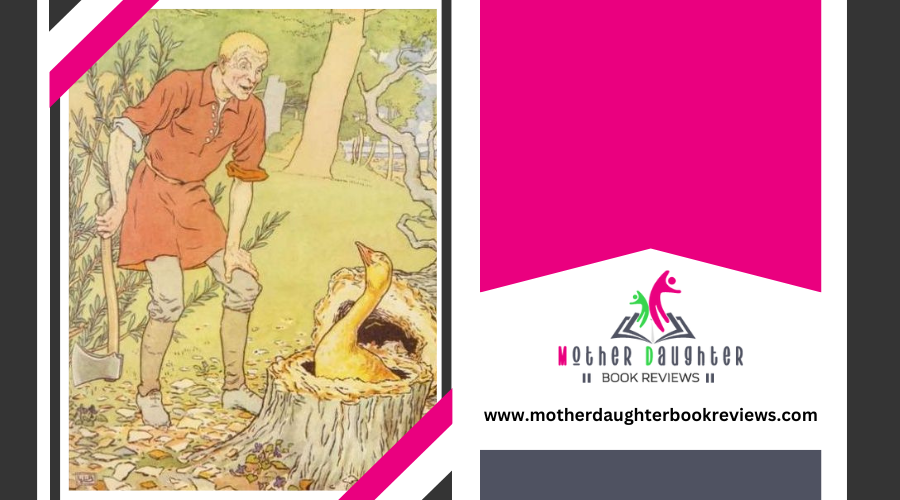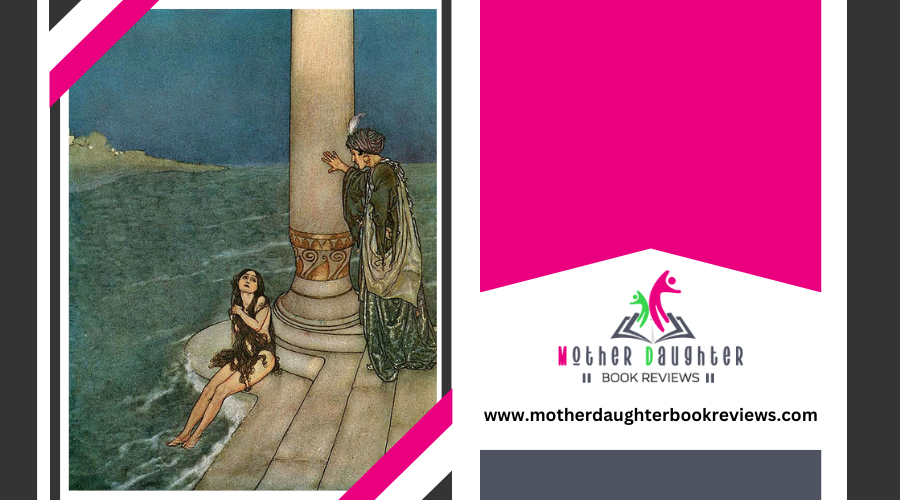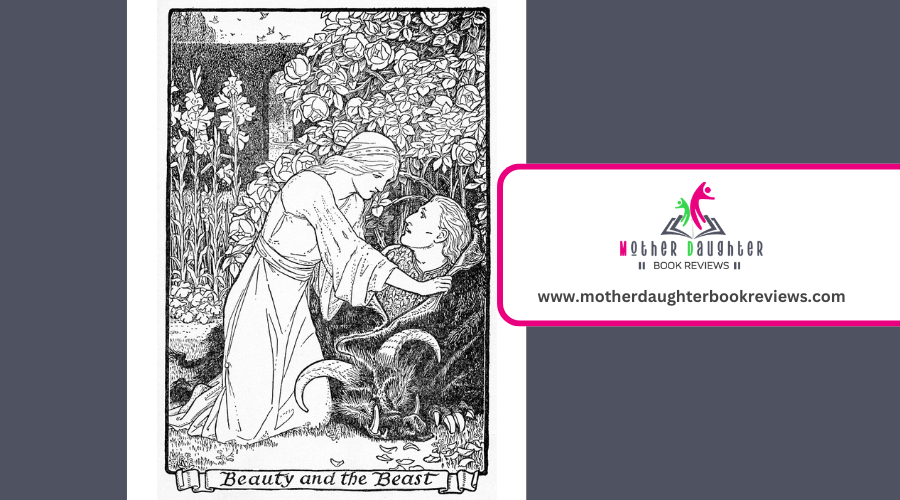Moral Lessons and Fairy Tales in Oscar Wilde’s The Happy Prince

In "The Happy Prince and Other Tales" by Oscar Wilde, you'll uncover profound stories of love and compassion. The Happy Prince's sacrifices, giving away his jewels to help the poor, show selflessness. The Nightingale's ultimate act of love, giving her life for a single red rose, illuminates the transformative power of devotion. The Selfish Giant's redemption through connection and the Young King's empathy-driven reign highlight the importance of generosity and kindness.
The Happy Prince's Sacrifice
Amid the lively city, the Happy Prince's sacrifice stands as a poignant tribute to selflessness and compassion. You see the statue of the prince, once a symbol of beauty and opulence, now stripped of all its grandeur. Despite his luxurious appearance, the prince's selflessness shone through as he gave away his precious jewels and gold leaf to alleviate the suffering of the poor.
Imagine gazing upon the prince's statue and realizing that every piece of his former glory has been sacrificed. This isn't just about a statue losing its splendor; it's about the profound impact of his actions. The prince's selflessness reaches the hearts of the city's inhabitants, inspiring acts of kindness and generosity. You can't help but feel moved by the way his sacrifice brings hope and relief to those in need.
The Nightingale's Devotion
The Nightingale's devotion is a heartrending tribute to the power of love and sacrifice. In Oscar Wilde's tale, you witness the Nightingale's selflessness as she endeavors to help a young student win his beloved's heart. Her actions embody love's impact, showing the lengths one will go to for another's happiness. The Nightingale believes in the power of music to transform hearts and infuses her song with profound emotion.
You see the true meaning of sacrifice when the Nightingale decides to give her life for a single red rose. She presses her breast against a thorn, singing through the night despite the pain. This act of ultimate devotion's strength echoes deeply, illustrating what it means to give everything for love. Her final song is a reflection of beauty's legacy, as it brings forth a perfect red rose, a symbol of her undying love and sacrifice.
The Nightingale's story teaches you that true beauty lies in selfless acts of love. While the student and his beloved fail to understand the Nightingale's sacrifice, you grasp the profound lesson of her devotion, which transcends time and circumstance.
View this post on Instagram
Imagine a world where self-importance and arrogance overshadow genuine talent and humility. "The Remarkable Rocket" provides a satirical take on vanity, using the character of a firework rocket to illustrate the pitfalls of self-centeredness. As you follow the rocket's expedition, you'll notice how his boastful attitude isolates him from others, preventing any chance of forming fanciful friendships. The rocket believes he's superior, yet his arrogance blinds him to his real worth. He constantly brags, assuming everyone is as impressed by him as he is. This leads to three key takeaways: As the Young King ascends to the throne, his compassion shines through his every action, setting him apart from his predecessors. You see, his path to kingship wasn't typical. Raised by shepherds, he experienced the hardships of common folk firsthand. This upbringing instilled in him a deep sense of empathy that would define his reign. Upon uncovering the opulence and suffering tied to his royal garments, the Young King's empathy led him to make a dramatic decision. He refused to wear the elaborate robes and jewels crafted through the toil and misery of others. Instead, he chose simplicity, donning a humble tunic and crown of wildflowers. His royal kindness extended beyond mere symbolism. You'd witness him actively working to alleviate the suffering within his kingdom. The Young King's actions weren't just gestures; they were a call to his people to accept compassion. He transformed the court's atmosphere, urging nobles to reflect on the plight of the less fortunate. By prioritizing the well-being of his subjects over the grandeur of the throne, he left an indelible mark. His reign became a reflection of the power of empathy and royal kindness, inspiring all who encountered his story. Witness the profound transformation of the Star-Child, a tale that underscores the redemptive power of love and humility. As you follow the star child's expedition, you see a young boy who starts off with immense beauty and arrogance. He scorns the world and everyone around him, believing he is above them all. However, his path takes a drastic turn when he learns of his true origins. The transformation themes become evident as he's cast out and must endure hardship and suffering. Through his trials, he learns valuable lessons about compassion and humility. His once beautiful exterior fades, but his inner character grows stronger and more noble. Eventually, he realizes that true beauty lies not in outward appearances but in acts of kindness and love. Each tale—from the selflessness of the Happy Prince to the Nightingale’s ultimate devotion, the Selfish Giant's transformation, and the Star-Child's journey from arrogance to humility—invites readers to reflect on the power of compassion and inner beauty. Through vivid storytelling and deep character journeys, Wilde illustrates that true worth is not found in wealth or appearance but in selfless acts of kindness and empathy.The Selfish Giant's Redemption
The Devoted Friend's Loyalty
The Remarkable Rocket's Lesson
The Young King's Compassion
The Star-Child's Transformation
Wrapping Up




